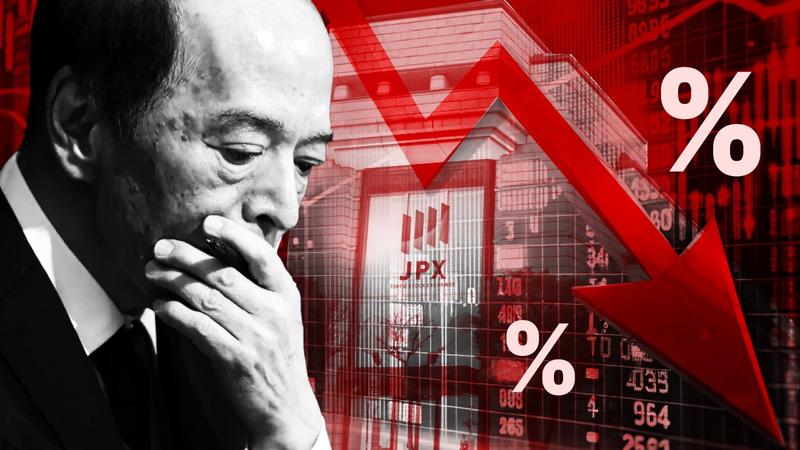Published 09:37 IST, October 24th 2024
Here’s what keeps Bank of Japan Governor Kazuo Ueda awake 24/7
The Bank of Japan ended its negative interest rate policy in March and raised short-term rates to 0.25% in July.

Kazuo Ueda on rate hikes: Not long ago, the impact of Bank of Japan’s interest rate hike triggered an over 10 per cent single-day rout in Nikkei , worsened by the follow-up reverse carry trades. Even though policymakers expected a substantial market reaction from the decision, the response from the street turned out to be overwhelming.
This made BOJ policymakers cautious before another rate hike and clear their stance to end speculation of another rate hike soon. However, choosing a suitable time for the next rate hike is what keeps the BOJ governor Kazuo Ueda awake all the time.
“I think about what would be the right size of normalisation in total going forward, and how best to allocate that total rate hikes across time,” Ueda said on Wednesday in one of his answers at the annual meetings of the IMF and World Bank in Washington DC. “That keeps me awake 24/7,” added Ueda.
The Bank of Japan ended its negative interest rate policy in March and raised short-term rates to 0.25 per cent in July, based on the assessment that the country was making progress towards sustainably achieving its 2 per cent inflation target.
"When there's huge uncertainty, you usually want to proceed cautiously and gradually," Ueda said while addressing a panel at the International Monetary Fund.
"But the problem here is if you proceed very, very gradually and create expectations that rates are going to stay at low levels for a very long time, this could lead to a huge build-up of speculative positions which could become problematic," he added. "We need to strike the right balance."
Ueda and the Bank of Japan's board members are widely expected to maintain the benchmark interest rate at the upcoming policy meeting, concluding on 31 October.
Investors will closely monitor the meeting for any signals of a possible rate hike in December or January. Despite recent adjustments, Ueda noted on Wednesday that the current policy remains "fairly accommodative."
Updated 09:37 IST, October 24th 2024